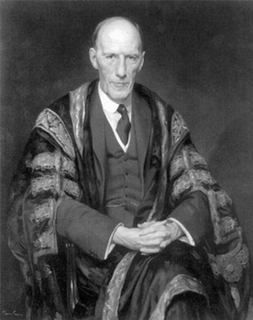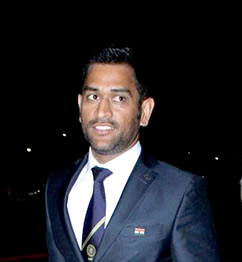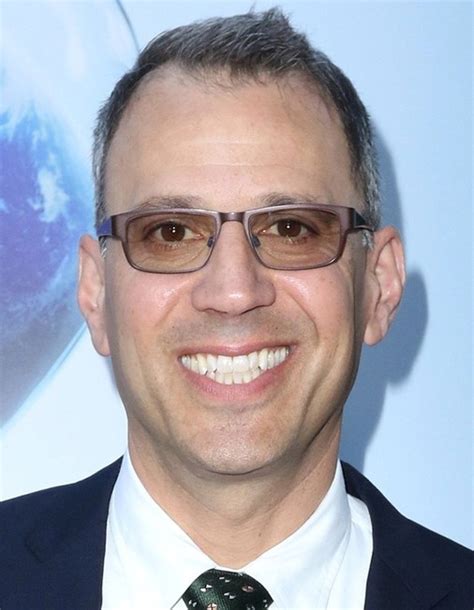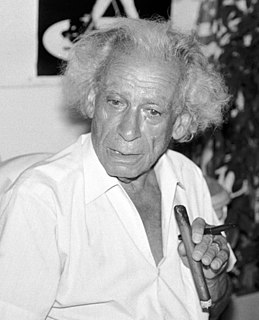A Quote by William Hazlitt
Learning is, in too many cases, but a foil to common sense; a substitute for true knowledge.
Quote Topics
Related Quotes
Learning is, in too many cases, but a foil to common sense; a substitute for true knowledge. Books are less often made use of as spectacles to look at nature with, than as blinds to keep out its strong light and shifting scenery from weak eyes and indolent dispositions. The learned are mere literary drudges.
From inability to let well alone; from too much zeal for the new and contempt for what is old; from putting knowledge before wisdom, science before art and cleverness before common sense; from treating patients as cases; and from making the cure of the disease more grievous than the endurance of the same, Good Lord, deliver us.
Common sense is not something rigid and stationary, but is in continuous transformation, becoming enriched with scientific notions and philosophical opinions that have entered into common circulation. 'Common sense' is the folklore of philosophy and always stands midway between folklore proper (folklore as it is normally understood) and the philosophy, science, and economics of the scientists. Common sense creates the folklore of the future, a relatively rigidified phase of popular knowledge in a given time and place.
There's a misconception about girls accusing people of sexual assault. There's this sense of, Well, she might be lying, she might be telling the truth, it's really a he-said, she-said. But it turns out if you study the cases, something like 97 percent of the cases are actually true. And you think about it common sense - wise: Why would a young girl or a woman bring this attention upon herself? It's nonsensical. It sets up a binary equation where, in fact, if a girl makes that accusation, she's usually not lying about it.



































